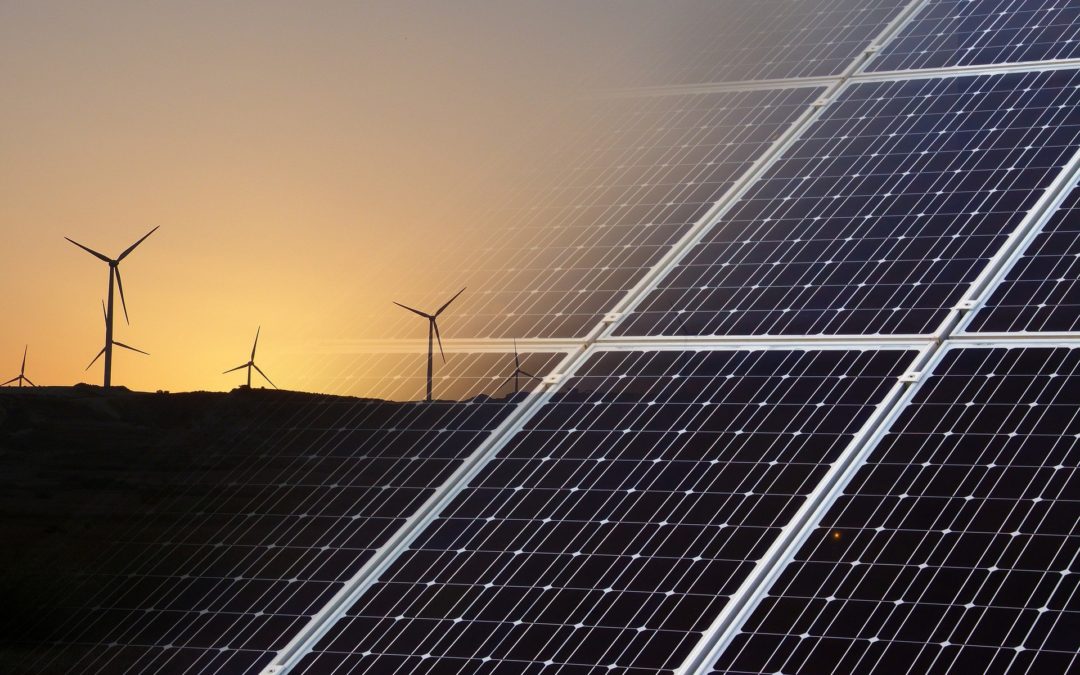A new article by Carlos de Castro and Iñigo Capellán of the Group of Energy, Economy and Systems Dynamics (Geeds) at the University of Valladolid, the lead partner of the LOCOMOTION project, was published in Energies, a peer-reviewed journal of related scientific research, technology development, engineering, and policy and management studies.
The article presents in detail the assumptions and data used to estimate the material and energy investments required to install, operate and maintain present renewable power infrastructures. LOCOMOTION will extend this approach to cover all sources of energy.
The obtained results reflect that the net energy return of variable renewable energy sources (wind and solar) is low compared with fossil fuels due mainly to the material intensities involved in constructing the necessary infrastructures.
This raises the question of whether the Energy Return on Investment (EROI) of renewables is sufficient to enable an energy transition, especially for modern societies pursuing continuous economic growth, whether future technological improvements can raise the EROI, and what kind of system changes are required to accommodate this lower EROI.
The paper details and access link is given below.




